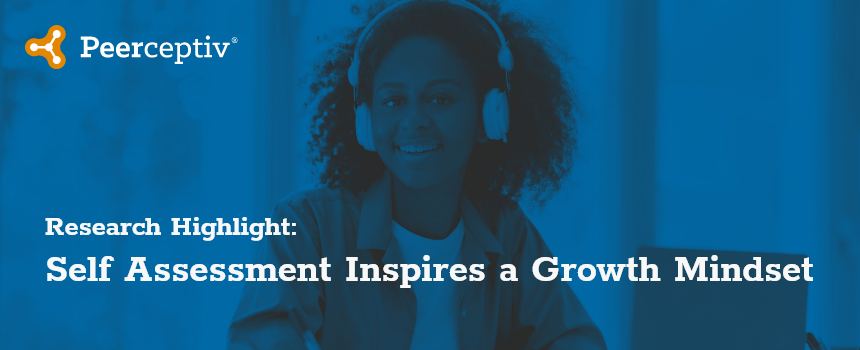Research Highlight: The Impact of Self-Assessment

In a recent study published in BMC Psychology by Aldosari and Alsager, titled “A Step Toward Autonomy in Education: Probing into the Effects of Practicing Self-Assessment, Resilience, and Creativity in Task Supported Language Learning,” the role of self-assessment has emerged as a pivotal factor in enhancing the skills and autonomy of learners. The study, focusing on Saudi Arabian English as a Foreign Language (EFL) learners, sheds light on the transformative potential of self-evaluation in fostering resilience, creativity, and autonomy.
The study, conducted with 60 intermediate EFL learners, revealed self-assessment significantly bolstered learners’ resilience, creativity, and autonomy. This finding underscores the broader implications of self-assessment for educators and curriculum developers across various disciplines.
For educators, the integration of self-assessment opens avenues for refining teaching practices and fostering critical reflection. By engaging students in the evaluation process, instructors gain valuable insights into students’ progress, needs, and learning strategies. This, in turn, enables educators to tailor instruction effectively, promoting a deeper understanding of the content and encouraging student engagement.
Moreover, self-assessment empowers learners to take ownership of their education and become active participants in their learning journey. By engaging in self-evaluation, students develop metacognitive skills that enable them to reflect on their learning experiences, identify areas for growth, and set realistic goals. This enhances their academic performance and equips them with essential skills for lifelong learning and personal development.
By fostering autonomy and self-directed learning, self-assessment prepares students for success in various aspects of their lives. Students who engage in self-evaluation are better equipped to navigate challenges, make informed decisions, and pursue their goals with confidence.
The study highlights the importance of creating a supportive learning environment where students feel empowered to assess their own progress and seek assistance when needed. By integrating self-assessment into classroom practices, educators can cultivate a culture of self-reflection, collaboration, and continuous improvement.
Are you ready to empower your students and transform your classroom with self-evaluation? Take the first step today by exploring Peerceptiv and integrating self-assessment practices into your teaching. Email info@peerceptiv.com to find out how you can unlock the full potential of self-assessment in education.
Citation:
Aldosari, M.S., Alsager, H.N. A step toward autonomy in education: probing into the effects of practicing self-assessment, resilience, and creativity in task supported language learning. BMC Psychol 11, 434 (2023). https://doi.org/10.1186/s40359-023-01478-8